As the COVID-19 pandemic caused country after country to close down, many found a slight silver lining emerging in their local environments.
Due to the drastic decrease in travel, and the reduction in industrial production, carbon emissions had dropped 17% by April of 2020, when compared to the same period in 2019.
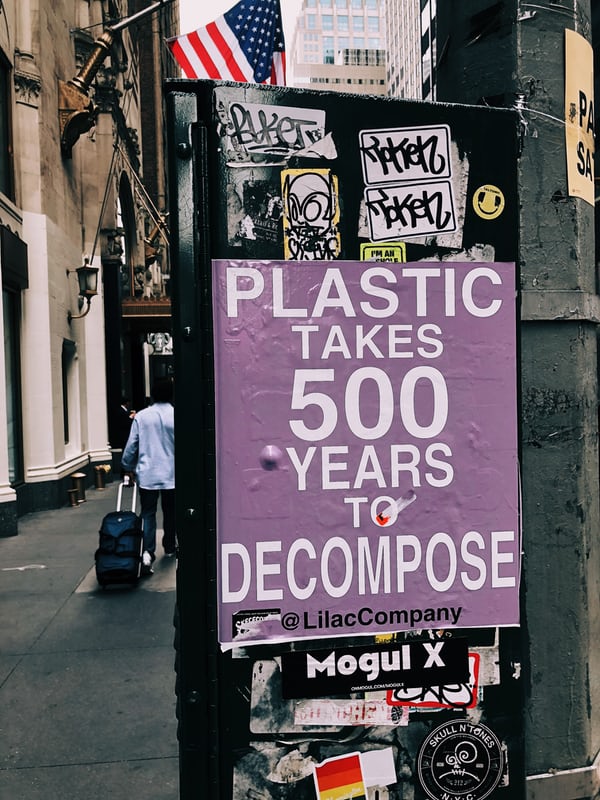
Similarly, nitric gas pollution and toxic waste in water have also declined.
News sources around the world shared this happy side effect of the pandemic, alongside images of clear skies and clean rivers.
Some went so far to say that 2020 might be the year humans finally tackle climate change.
As the year draws to a close, however, that view seems to have been too optimistic.
It was always expected that the declines in CO2 levels were temporary and that they would rise again after production and air travel resumed.
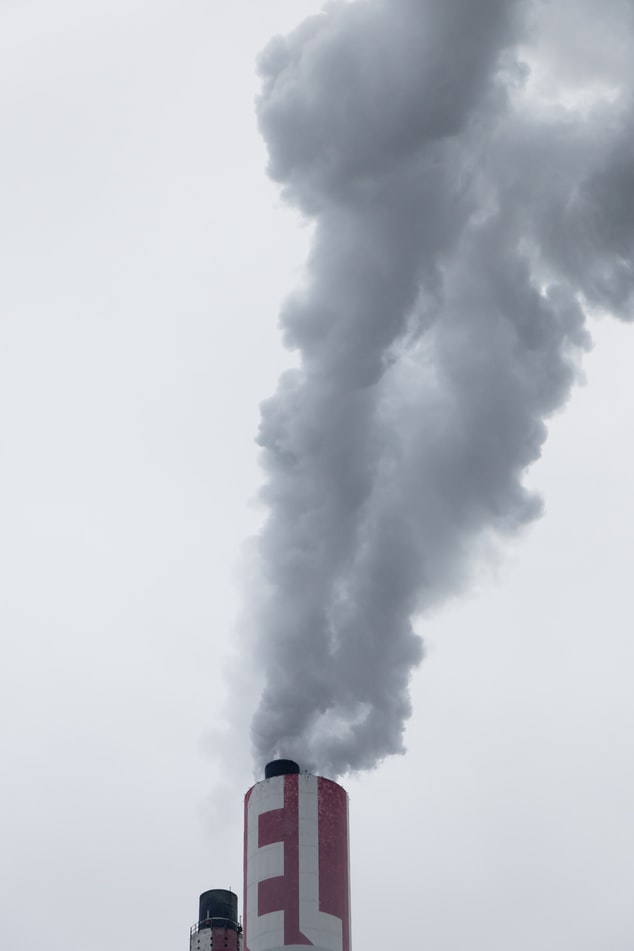
Though the US and Europe have yet to return to pre-pandemic levels of production, China provides a clear example of what might be in store.
The country was forced to close down earlier than most of the world, and also opened earlier as a result.
Manufacturing has continued and China’s carbon dioxide emissions are only 1.5% lower than last year overall, which is an unpromising figure.
More worryingly, leaders are now cutting back on environmental regulations in order to help boost the economy.
Some experts believe that the US and other countries might take similar measures, forcing climate change to take a backseat as they try and make up for the economic damage caused by COVID.
Overall carbon emissions in 2020 are down about 7%, which is roughly the amount we would need to decline each year to reach the goal set by the 2015 Paris Climate Accords.
Without significant changes in leadership approaches and infrastructure, we simply will not be able to meet those standards once everything reopens.
The pandemic has also highlighted another issue – plastic waste.
An estimated 129 billion face masks and 65 billion gloves are being used every month, and these nonrecyclable materials often end up in the oceans.
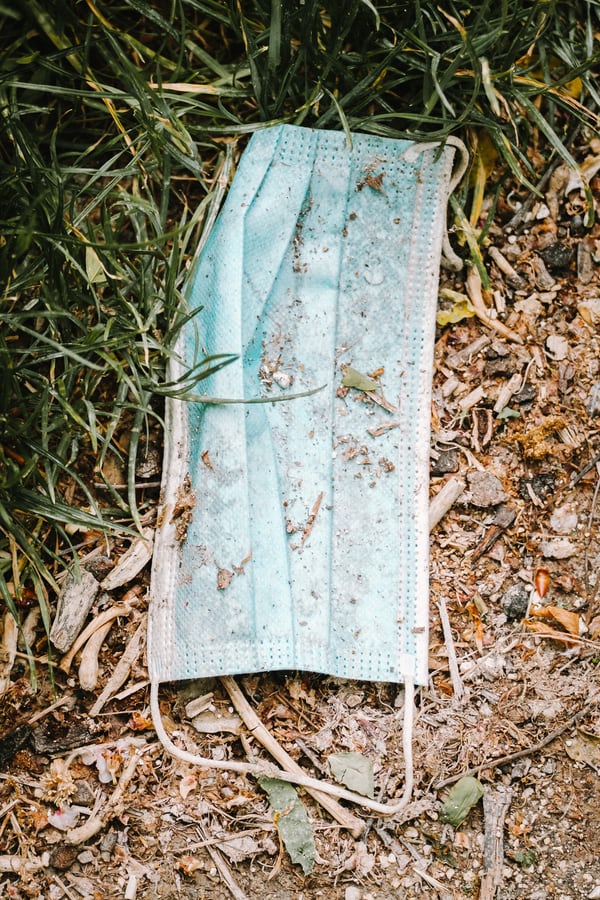
Personal protective equipment (PPE) can closely resemble jellyfish, which hurts sea turtles if consumed, and other animals that rely on them for food.
Single-use plastics have also increased dramatically for two reasons – due to the drop in oil prices as soon as the pandemic took effect, plastic became cheaper to produce, and people are anxious about their materials being clean and packaged.
For instance, Starbucks has discontinued the use of reusable cups to stop the spread of COVID.
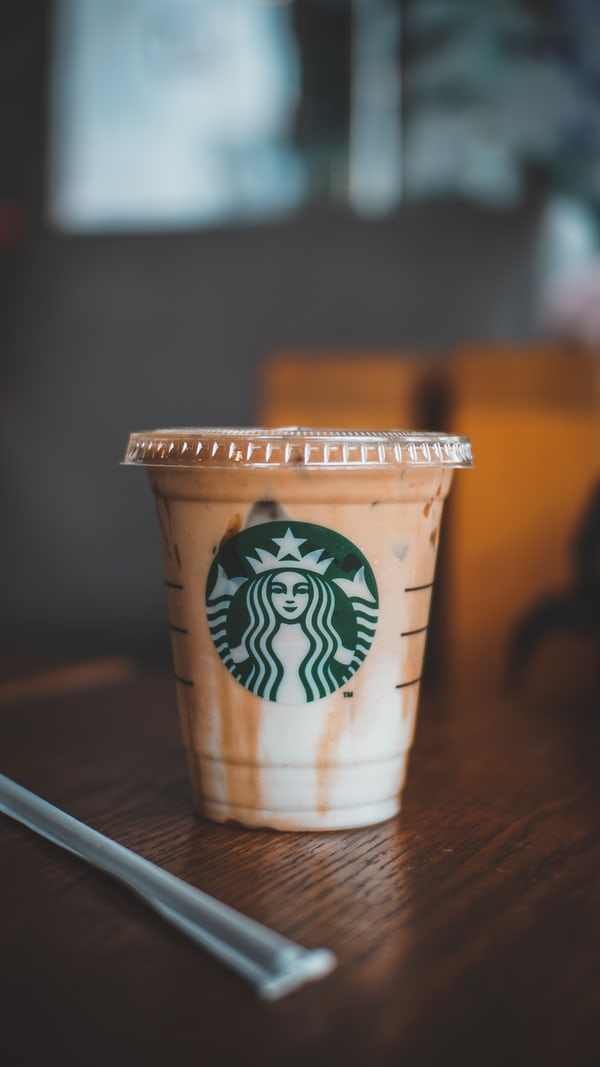
After years of hard work to reduce the amount of single-use plastic in society, the change is a disheartening setback as many companies and people revert to their old habits.
However, this does not mean that there is no hope.
This year’s drop in CO2 levels is worthy of celebration though, no matter what the future holds.
The pause in manufacturing is a reprieve from the constant competition of the market, and business owners have time to reflect on better paths forward once we return to normal.
And many of the habits developed during the pandemic, such as holding meetings from remote locations, and working online, may stick around and help reduce the need for air travel.
In short, we cannot rely solely on the pandemic so solve climate change, and the environmental crises we currently face, but we can use the opportunity to change our behaviour and refocus as a species.
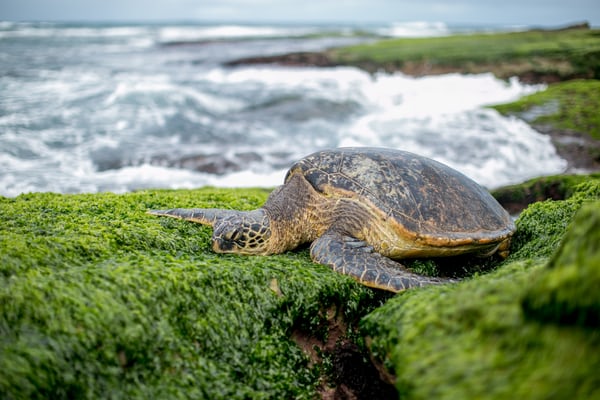
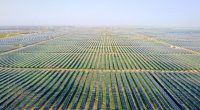








Comments are closed.